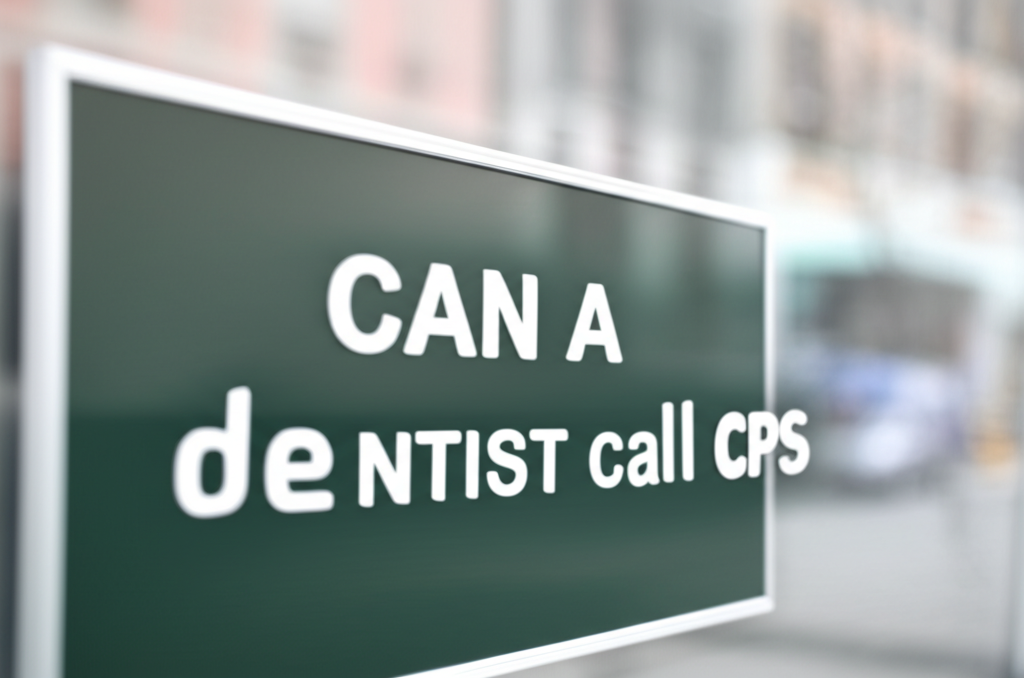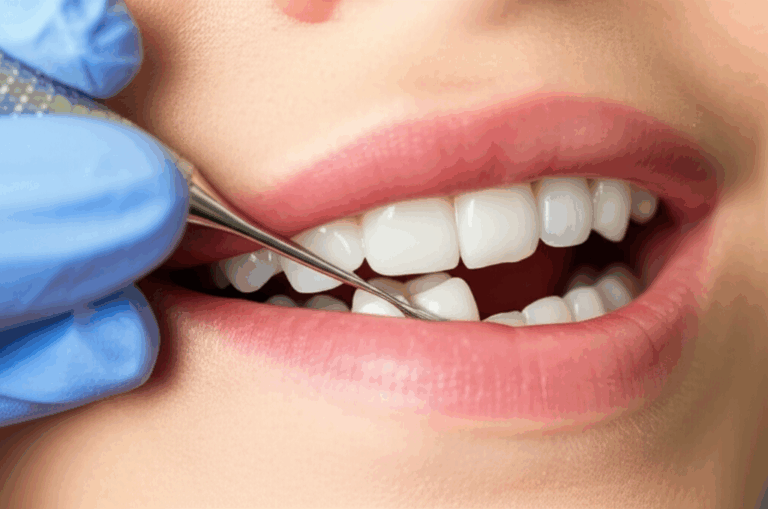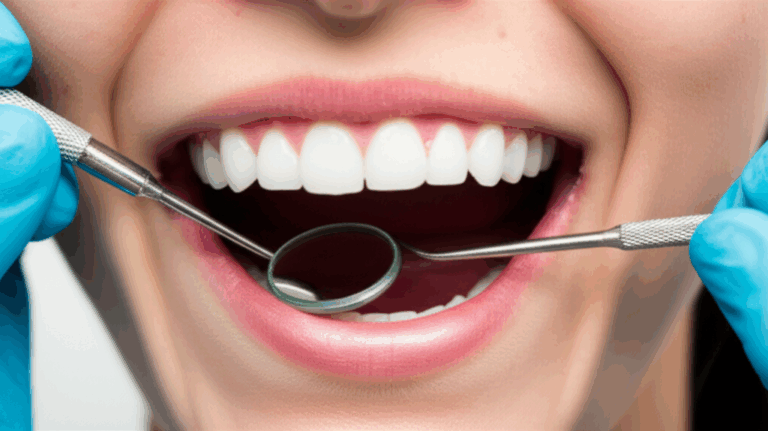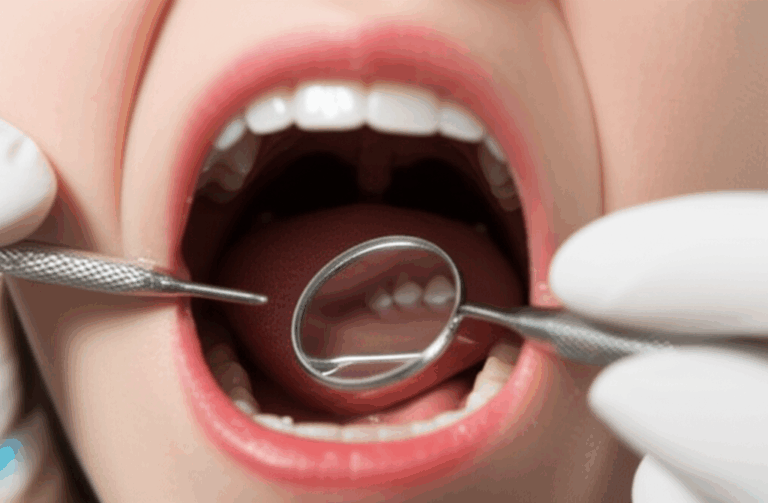
Can a Dentist Call CPS? My Experience and Everything You Need to Know
Table of Contents
- Introduction: My Critical Role as a Dentist in Child Protection
- Dentists as Mandated Reporters: Understanding Our Legal Duty
- What Is a Mandated Reporter?
- How State Laws Shape Our Role
- Why Dentists Play a Pivotal Part
- Recognizing the Red Flags: What I Watch for as a Dental Professional
- Oral and Facial Physical Abuse
- Dental Neglect
- General and Behavioral Indicators
- Taking Action: How I Report Suspected Abuse or Neglect
- When Is It Time to Report?
- The Reporting Process, Step by Step
- Documentation: Why Every Detail Matters
- Legal Protections and Real-World Consequences
- Immunity for Good-Faith Reporting
- HIPAA vs. Mandatory Reporting: What Takes Priority?
- What If a Dentist Fails to Report?
- After the Call: What Happens Next?
- Conclusion: Why Child Safety Comes First in Dentistry
- Frequently Asked Questions (FAQs)
Introduction: My Critical Role as a Dentist in Child Protection
When people ask, “Can a dentist call CPS?” I say yes, we can—and a lot of times, we’re supposed to. As a dentist, I found out through the years that my job is about a lot more than just teeth. Sometimes, sitting in my chair is where a kid’s troubles finally get seen.
I don’t think this job is easy. Every time a child comes to my office, I know I might be the only person looking in their mouth, catching bruises or problems that nobody else saw. It’s not just about dental checkups—it’s about keeping kids safe.
Let me tell you what I know, the laws that guide me, and what I really do when I think a child might be in trouble.
Dentists as Mandated Reporters: Understanding Our Legal Duty
What Is a Mandated Reporter?
If you don’t know this term, a “mandated reporter” is someone who has to, by law, tell the authorities if they think a child is being hurt or not cared for. This includes doctors, nurses, teachers, social workers, and us dentists too.
You might ask why dentists are on that list. Isn’t our work just about fixing cavities? The answer is found in the law and in what we see at work.
How State Laws Shape Our Role
No matter what state you live in across the U.S., there are laws that make some jobs—like mine—mandated reporters. The rules change a bit from state to state, but the main message is the same: If I see or think there might be child abuse or neglect, I must call the authorities. Some states even count dental hygienists and assistants, not just dentists.
For example, where I live, the law says if I see things that look like abuse, it’s not just a suggestion for me to report—it’s what I have to do. This is true in big cities or in country towns. It’s all about the child’s safety, not where they live or who their family is.
Why Dentists Play a Pivotal Part
After doing this a long time, I know dentists are really important in this system. The American Academy of Pediatric Dentistry says over half of child abuse injuries hurt the face, mouth, or head. That means the first sign could be something I notice in my office before anyone else spots it.
Just think: a child shows up with a broken tooth, cuts inside the mouth, or bad cavities that never get fixed. Maybe people would just call it an accident. But with good training, I can sometimes tell when a story just doesn’t make sense, and that could be my chance to help a child who has no way to ask.
Recognizing the Red Flags: What I Watch for as a Dental Professional
I’ve seen all sorts of things in my dental chair. Some stories stay with me, especially when I thought a child might be in trouble.
Oral and Facial Physical Abuse
Physical signs tell the first part of the story. Here’s what I watch for:
- Bruises, cuts, or broken bones you can’t explain—especially around the mouth, jaw, or cheeks.
- Marks that look like shapes of hands or things.
- Burns inside or around the mouth, sometimes from hot things or chemicals.
- Bad dental injuries (like broken teeth or gum cuts) where the story (“he fell”) doesn’t fit the injury.
For example, I had a young patient with a chipped front tooth and a deep cut inside her lip. Her caregiver said, “She just tripped,” but my training made me look closer—the injuries didn’t match the story.
Dental Neglect
Besides physical abuse, dental neglect is its own problem—and sadly, I’ve seen it a few times.
Here’s what I look for:
- Lots of untreated cavities, sometimes down to the roots or causing bad infections.
- Pain, swelling, or infections left alone for a long time.
- Caregivers who keep missing appointments or won’t let me do important work.
- Kids who always come in with very bad teeth and gums, thick dirt on the teeth, gum disease, or decay all over.
One memory I have is of a 7-year-old boy who had lots of abscesses, rotten teeth needing pulling, and hadn’t seen a dentist in years. Every time I tried to help, his family missed or canceled, even when I told them he was suffering. That’s dental neglect, plain and simple.
General and Behavioral Indicators
It’s not just about teeth. Sometimes the biggest clues are how a child acts or how the parent behaves.
- The child is dirty, wears unwashed clothes, or looks like they don’t eat right.
- The child is scared of their parent or jumps when someone moves fast.
- The child and the adult give different stories about how an injury happened.
- Parents don’t seem to care about their kid’s health or get angry when I talk about something wrong.
- Lots of missed or canceled appointments for no good reason.
You might be shocked how telling these patterns can be. Once, a parent snapped at me, “He’ll get over it,” when I explained her son needed treatment for a painful abscess. That kind of attitude—especially after reminders—becomes neglect.
Taking Action: How I Report Suspected Abuse or Neglect
Let’s be honest—being suspicious isn’t the same as having proof. I’m not a cop or a judge. But the law says I should act on what I reasonably suspect, not wait till I know for sure.
When Is It Time to Report?
If I see things that worry me—like odd injuries, untreated dental trouble, strange behavior, or parents who don’t seem to care—I ask myself, “Do I have enough to think this might be child abuse or neglect?”
I don’t have to be sure. The law understands we aren’t perfect; it just wants me to pay attention. If my gut and my head both say something’s off, it’s time to report.
The Reporting Process, Step by Step
In my office, here’s what I do:
Step 1: Follow Our Office Rules
- Many dental offices, including mine, have clear steps: talk with the office leader or, if there is one, a child safety officer.
- But if a child is in danger right now, sometimes I have to act right away.
Step 2: Make the Call
- I call the local Child Protective Services (CPS) or Department of Child Services number.
- The call is private and can be made anytime, day or night. Some places even let you report without giving your name.
Step 3: Give All the Details
- I give the child’s name, age, where they live, caregiver info, what I saw, any history of missed appointments, and my worries.
- I try to stick to facts, not guesses.
Step 4: Send a Written Report if Needed
- Some states want a written report soon after. I check if it’s needed.
Documentation: Why Every Detail Matters
Good notes aren’t just about my memory—they protect me too. I write down:
- What I saw—injuries, neglect, weird behavior.
- What the child and the adult said, using their own words as much as possible.
- What actions I took and any times I tried to talk to the adults about it.
If things ever go to court or the authorities want more info, my notes show what I did and why.
Legal Protections and Real-World Consequences
Immunity for Good-Faith Reporting
At first, I used to worry—what if I’m wrong? What if the family gets mad and tries to take me to court? Here’s what helps me sleep:
- Good faith reporting laws protect me. If I honestly believe a child might be hurt and I make a report, I am safe from being sued or charged with a crime, even if I turn out to be wrong.
- These rules also protect hygienists, assistants, and most other people who have to report.
HIPAA vs. Mandatory Reporting: What Takes Priority?
Patient privacy matters, but if I think about child abuse or neglect, here’s what I know:
- HIPAA lets dentists share info with child protection officers if they suspect abuse.
- If the law says I must report, that law is more important than HIPAA or any privacy papers families sign.
I’ve had to explain this to parents—even when they get upset, I need to follow the rules. Keeping the child safe comes first.
What If a Dentist Fails to Report?
Let’s not pretend this doesn’t matter. If I know or even suspect abuse but don’t tell anyone, I could:
- Get a criminal charge (misdemeanor or felony, depending where I am)
- Pay a lot in fines or maybe spend time in jail
- Lose my license—sometimes for good
The risk is serious for my job, but honestly, the risk to the child is even bigger. I’d rather stand up for them, even if it’s hard.
After the Call: What Happens Next?
People often ask, “You report—then what?” Usually, once I make the call or file a report, it’s out of my hands. Here’s what usually happens:
- CPS or social workers look into it, sometimes quickly, sometimes over a few days.
- They might talk to the child, the parents, and to me for more info.
- Depending on what they find, they might give help, or in rare cases, move the child for safety.
After that, I usually only hear from the authorities if they need more details from me. My job is reporting and keeping good notes.
Conclusion: Why Child Safety Comes First in Dentistry
Doing this job for years, being a mandated reporter has changed how I see being a dentist. It’s not just about healthy mouths and smiles—I know I might be the last chance for a child in trouble to get help.
Sometimes it’s scary. Sometimes it hurts. But I know I can sleep at night because I did the right thing—following the law, yes, but more importantly, watching out for kids who might not have anyone else to help.
If you’re a dental worker, learn the rules where you live, know the signs, keep good notes, and always speak up if you think a child is being harmed. You might be the only one who notices.
Looking for more about digital dental lab work or dental services? I’ve seen for myself how working with a good lab helps my patients. Teaming up with people who also care about children’s health is always worth it.
Frequently Asked Questions (FAQs)
Q: Do I need proof before reporting?
A: No. From what I’ve seen, the law only wants “reasonable suspicion,” not proof. If you think something is wrong, make a report.
Q: Can parents sue a dentist for reporting to CPS?
A: Not if you report honestly. The law protects you if you truly think something is wrong.
Q: What if I’m wrong about the abuse or neglect?
A: As long as you acted honestly and with reason, you’re protected by the law.
Q: Does this apply to dental hygienists and assistants too?
A: Many times, yes. Lots of states say all dental team members must report. Check the law where you work.
Q: What are some signs of dental neglect versus dental phobia?
A: Dental neglect is not getting a child the care they need, especially for pain or big problems. Dental phobia is fear, but if that fear keeps a child in pain and the parent doesn’t try to help, that can become neglect too.
Q: Do dental staff get training in spotting child abuse?
A: Yes, they do. In my office, we go over this training often. If your office doesn’t, ask—everyone needs to know this.
Thanks for reading about this important topic with me. Whether you work in dentistry, are a parent, or just interested, I hope my story helps show how dentists can really help keep children safe.








